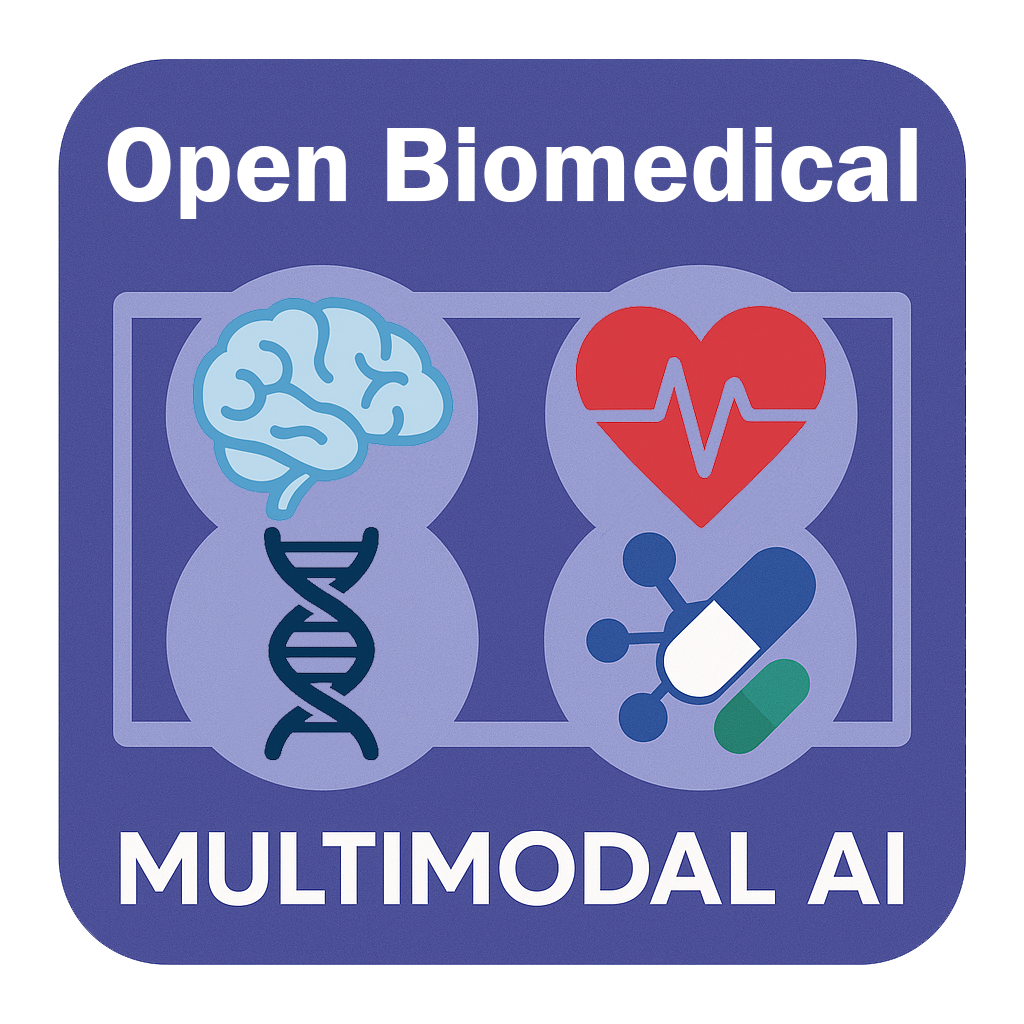Helper Functions and Model Definition#
Helper Functions#
We provide helper functions that can be inspected directly in the .py files located in the notebook’s current directory. Two additional helper scripts are:
Model Definition in model.py#
PyKale applies kale.embed and kale.predict to define MogonetModel class in model.py, which wraps all the necessary components of the MOGONET pipeline based on the configuration.
This wrapper takes care of:
Building GCN encoders for each omics modality.
Creating linear classifiers for modality-specific outputs.
Optionally initializing a VCDN decoder for multimodal fusion.
MOGONET consists of two major sections: modality-specific encoders to encode graph data into latent space, and View Correlation Discovery Network (VCDN) for multimodal feature fusion, as shown in the top figure.
The modalitity-specific encoders is called from kale.embed and VCDN along with the prediction head is integrated in kale.predict.
Embedding Extraction#
PyKale support graph convolutional neural networks (GCNs) in kale.embed, which is used as the modality-specific encoders for MOGONET.
GCNs are neural networks designed for graph data, which generalize convolution operations to graph-structured data by aggregating feature information from neighboring nodes.
Through GCN encoders in PyKale, we can encode the raw data to graph embeddings.
Prediction of Cancer Subtypes#
PyKale support prediction layers that output the final prediction of cancer subtypes according to the input embeddings.
In kale.predict, the VCDN of MOGONET fuses modality-specific predictions for final classification and captures correlations between different modalities at the decision level.
Besides, PyKale also call the linear classifier layer from kale.predict.decode.LinearClassifier to implement MOGONET.
Descriptions of Other APIs in model.py#
model.py also calls kale.pipeline.multiomics_trainer, which provides MultiomicsTrainer, the training and evaluation engine that orchestrates how unimodal encoders and the multimodal VCDN fusion layer work together. It supports pretraining and full training regimes.
